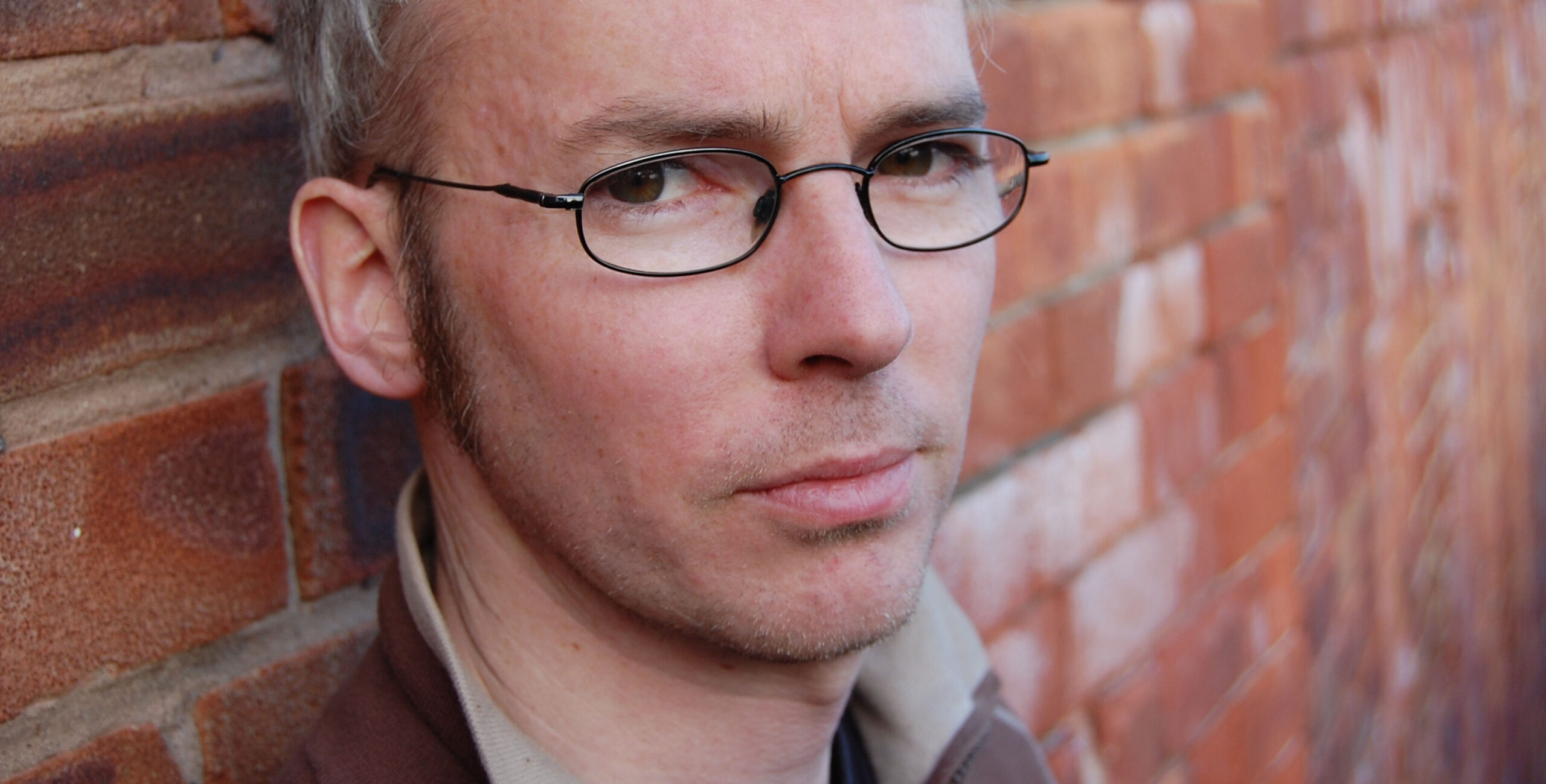 I can’t remember when I started writing Reservoir 13. It’s been a long time coming, and it’s not always been easy. Life has often got in the way, as it has a habit of doing. None of the things that got in the way have ended up in the novel, but they’re still a part of the story.
I can’t remember when I started writing Reservoir 13. It’s been a long time coming, and it’s not always been easy. Life has often got in the way, as it has a habit of doing. None of the things that got in the way have ended up in the novel, but they’re still a part of the story.
When I started, all I had was an image: a hundred or so people spread out across a hillside, searching for a missing child. It’s something I once saw on the news, and for years I wondered what it must have been like to have been a part of that search. How long would it have been, traipsing across the wet moorland, before you fell into everyday conversation? Who would have had to break away early, to get back and feed the cats, or milk the cows? Who was first to speculate about what they might actually find?
I knew that among these hundred people on the hillside I would have more than enough material for a novel, but it took me a long time to find it. I wrote a short story about the day of the search for a missing girl. I worked on developing many of the characters from that story. I wondered how much I needed to know about the missing girl. But mostly I started to worry about how little I know of rural life.
I only know the countryside as a visitor. A regular visitor, for sure – the Peak District is within easy reach – but I was acutely aware that I lacked detailed knowledge of rural life; not just factual details around farming and land management, but the smaller details of lifestyle and culture which add up to create the rhythm and tone of a place.
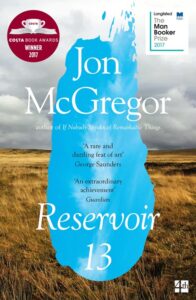 I spent a week in a house built for the engineers who designed the Ladybower Reservoir, walking through the woods and hills and feeling the weight of that water everywhere. I spoke to people working for the National Park, to sheep farmers and stone-workers, to police officers, to people who had grown up there and moved away. I read guidebooks and memoirs, and I followed a lot of farmers on Twitter. I learnt about farming routines, weather patterns, the migratory habits of birds, flood management techniques.
I spent a week in a house built for the engineers who designed the Ladybower Reservoir, walking through the woods and hills and feeling the weight of that water everywhere. I spoke to people working for the National Park, to sheep farmers and stone-workers, to police officers, to people who had grown up there and moved away. I read guidebooks and memoirs, and I followed a lot of farmers on Twitter. I learnt about farming routines, weather patterns, the migratory habits of birds, flood management techniques.
Which is all fine, and is what you would expect me to say. But much more than the above, I spent time in my head and I made things up. I created a fictional landscape, with fictional characters living fictional lives, using tics of vocabulary and mannerism which came not from research but from daydreams. You need research in order to keep the trust of your readers – the world you are writing about needs to be coherent, and believable – but you need invention to win their trust in the first place, and their hearts. I was falling in love with these very flawed characters I had invented, and I wanted my readers to do the same.
And those interruptions I mentioned? They were many. There were three young children. There was illness. My marriage ended. My father died. These are things that happen to people. We get through. But there were long stretches of time when I couldn’t get back to my desk, and each time I finally got back, I saw the novel in a new light. This was a good thing, in the long run. But I wish it hadn’t taken so long. I wish my father had been able to read it. He taught me a lot; not about writing, but about hearing people’s stories. He worked as a parish vicar, and had a gift for listening to people from all backgrounds, a gift which I’m still working to learn.
Reservoir 13 is about what happens when a girl goes missing, yes; but it’s mostly about what happens afterwards, for a long time afterwards, while a community has to carry on living their lives. As with my previous novels (perhaps If Nobody Speaks of Remarkable Things in particular), it’s at heart a collection of stories about people moving through life in their own imperfect ways. It took a lot to write, and I can’t quite believe I’ve finished it. If people enjoy reading it even half as much as I enjoyed writing it, then I’ll be in luck.
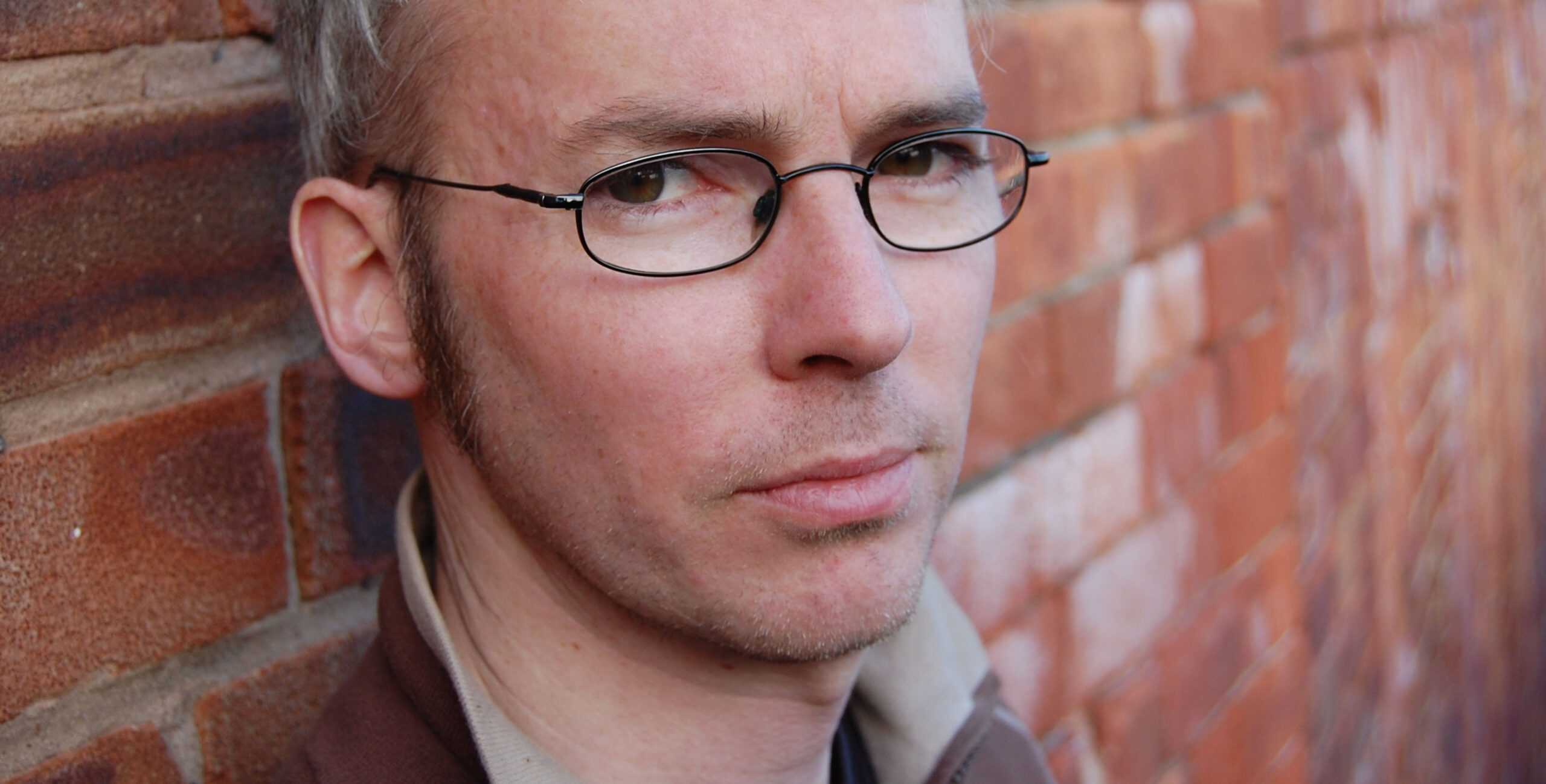
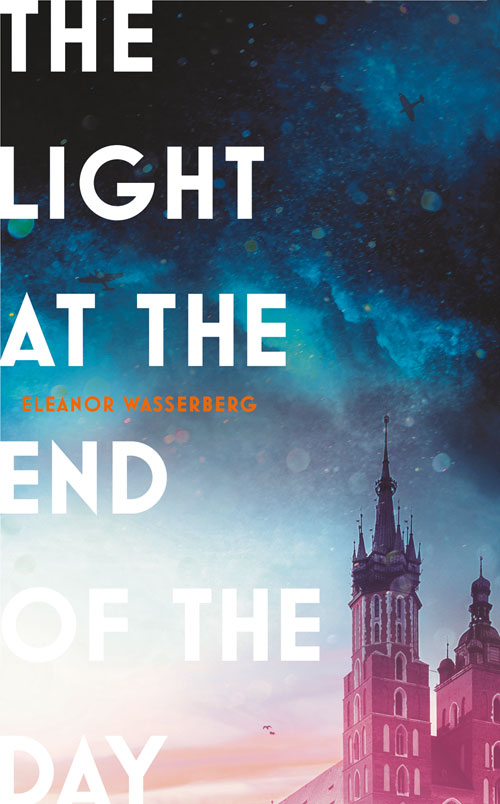
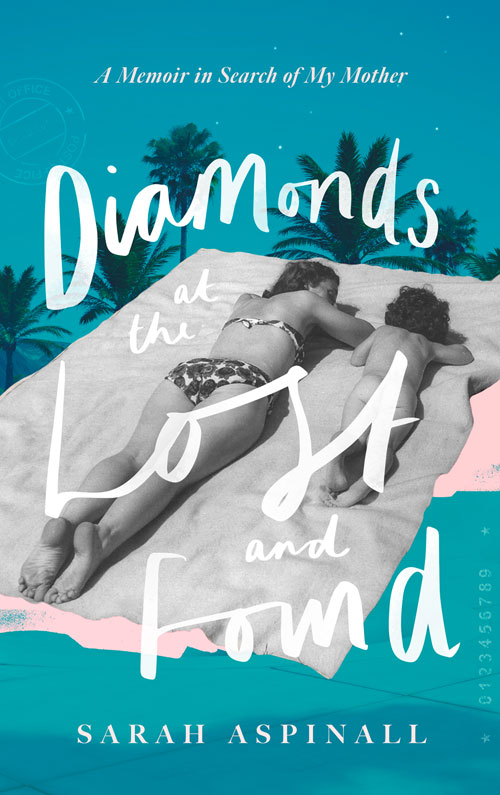
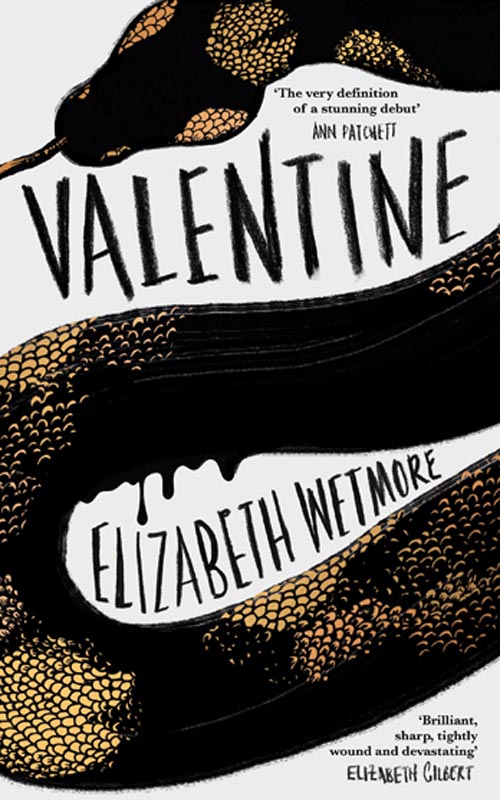
4thestatebooks